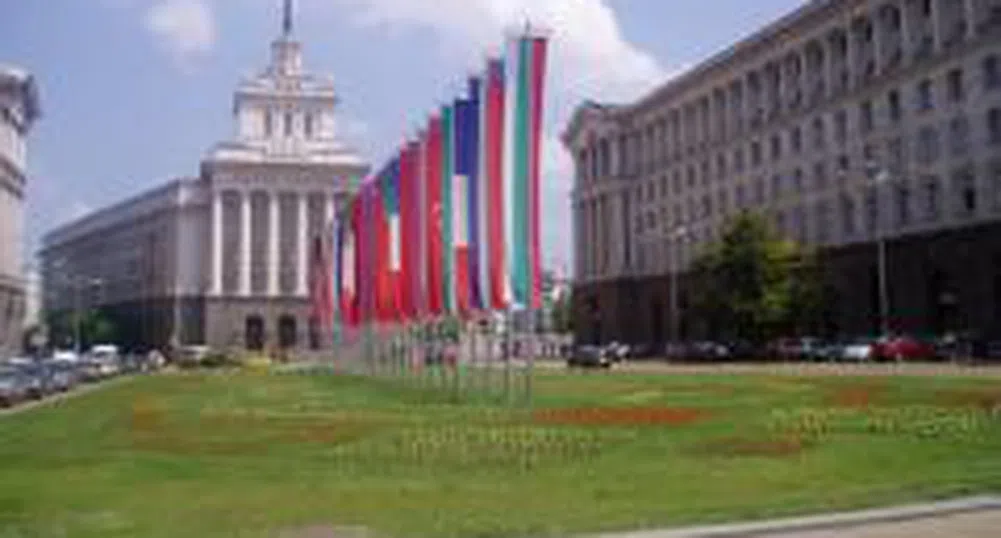Government Program Includes 108 Measures against Corruption

A hundred and eight measures in the public and economic spheres and invigoration of cooperation with civil society are included in a government programme for implementation of the strategy for transparent governance and prevention and suppression of corruption until the end of 2008, BTA is reporting.
The document, approved on Wednesday, was compiled on the basis of an analysis of the implementation of the strategy and the results which have been achieved. The idea is to curb as much as possible the prerequisites for corrupt actions and to ensure transparency of the activity of administrations.
The annual plan contains measures for suppressing high-level corruption and corruption in the central and local administrations, for transparent and effective management of the systems of health care and education, transparent management of public finance, prevention of corruption in the administration of tax and customs revenues, public procurement and concessions.
The Conflict of Interests Disclosure and Prevention Bill, the idea for which was set forth by Prime Minister Sergei Stanishev a month ago, should be prepared by the middle of May. Another
proposal by him - about the declaration of additional circumstances under the Code of Ethics of persons holding senior public offices - is already a fact.
Legislative changes in the field of public procurement are related to the enhancement of control and the creation of a portal for electronic public procurement.
Changes in the Subsoil Resources Act should lead to a decrease of the cases of illegal extraction of subsoil resources and a clearer regulation of the responsibilities of the institutions which exercise control over such activities.
Some of the measures are related to the anticorruption training of public administration officials and cooperation between state bodies and the NGO sector. A portal www.eufunds.bg will be developed to publish all approved projects under the operational programmes.
In 2007, central administration inspectors conducted 3,122 checks, which resulted in the firing of 82 persons for corrupt activities. Eighteen persons were suspended from office and 13 persons were reappointed in order to take them out of a corrupt environment. Disciplinary proceedings were instituted in 258 cases. Sixty-eight cases were reported to prosecutors, and four people have effective sentences.
In the Interior Ministry, 44 persons were fired for corrupt behaviour, other disciplinary punishments were imposed on 35 persons, and six people were reappointed to other jobs. Forty officers were handed over to the prosecuting magistracy.
The Customs Agency Inspectorate conducted 1,059 checks and internal investigations into all tipoffs about alleged wrongdoings of customs officers. Fifty-six disciplinary punishments were imposed, including 20 firings.
Acting on reports from the National Audit Office, the National Revenue Agency is investigating 67 natural persons who failed to honour their obligations under the Financial Interests Disclosure Act.
One hundred and six out of 253 political parties submitted on time their annual financial reports for 2006. These include all parliamentary parties. Over 200 statements of violation of regulations were drawn up for irregularities and non-submission of reports.
In the health care system, a national electronic register for corruption tipoffs was introduced on January 1, 2007.
)
&format=webp)
&format=webp)
&format=webp)
&format=webp)
&format=webp)
